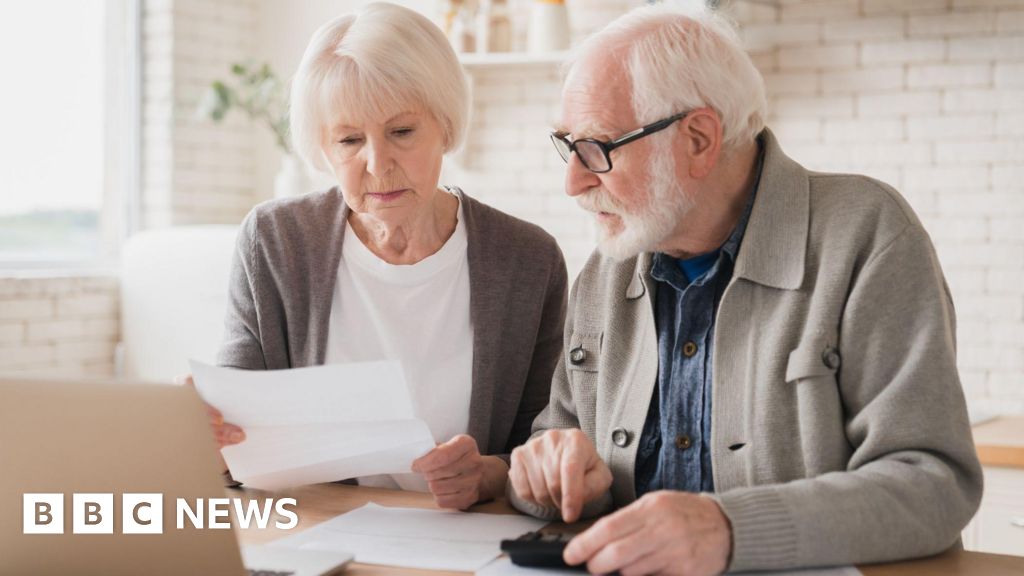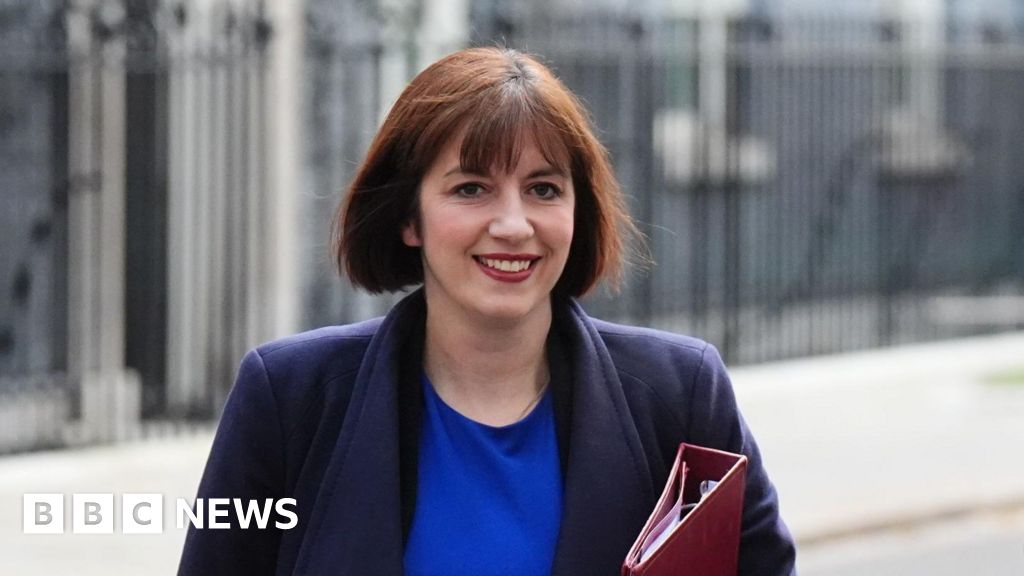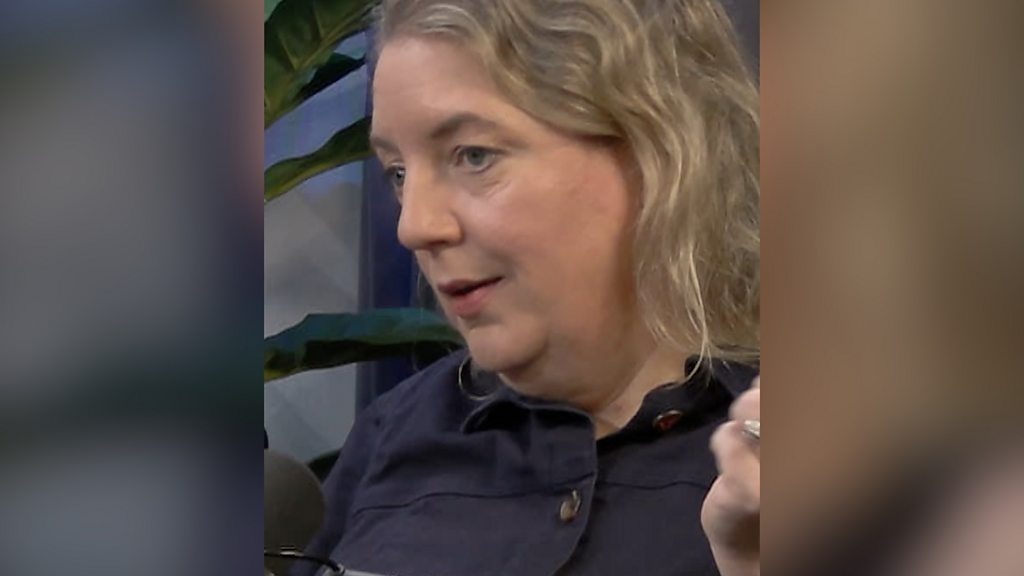Kevin PeacheyCost of living correspondent
Chancellor Rachel Reeves has said that people whose only income comes from the state pension will not have to pay tax.
The state pension is set to rise above the normal level for paying tax in April 2027, due to increases in payments and tax thresholds being frozen.
But Reeves has confirmed that anyone who receives the state pension but no other income will not have to pay income tax before 2030.
The annoucement has raised questions over the winners and losers of such a policy. Most pensioners have other pension payments which means they already pay tax, and experts say the move could add further complexity to the system.
Anyone solely receiving the new flat-rate state pension - for those who reached state pension age after April 2016 - will get £12,547.60 next year.
That is just below the income tax threshold of £12,570. That threshold is frozen and highly likely to be breached by the state pension from April 2027, meaning the portion of pension income over this threshold would be taxed.
Small tax sums would normally be collected by the Simple Assessment process where HM Revenue and Customs does all the calculations and sends the pensioner a tax demand at the end of the year.
But the chancellor said in her speech that, if this was the only source of income people had, then they would not face the administrative hassle.
She later told Martin Lewis, founder of Money Saving Expert, that "in this Parliament, they won't have to pay the tax".
The Conservatives made a similar pledge during the last general election campaign.
About three-quarters of pensioners already pay income tax because they have additional income to the state pension.
They include 2.5 million pensioners - including widows and widowers - whose state pension operates under the pre-2016 system. They receive a basic pension and a SERPS pension, which means they pay tax.
Steve Webb, partner at pension consultants LCP and former pensions minister, also highlights those with a very small private pension who would have to pay tax.
Workers on the same income as the level of state pension would also be taxed, while pensioners would not be.
"There is a real risk that pensioners on the new system will be more favourably treated," Mr Webb said.
"There is no costing for this policy in the Budget documents which suggests that it is still very much an idea rather than a firm plan. But it will be incredibly difficult for the Treasury to come up with something that is workable and fair."
Rachel Vahey, head of public policy at investment platform AJ Bell, said: "Collecting the little bits of tax owed from millions of pensioners was always going to be an administrative headache for the government.
"It's no wonder they've put their tax collecting thinking caps on to find ways to avoid it, but we will have to wait and see what process they come up with and whether it will indeed make pensioners' lives simpler."

 Movie
Movie 3 hours ago
18
3 hours ago
18 





![Presidents Day Weekend Car Sales [2021 Edition] Presidents Day Weekend Car Sales [2021 Edition]](https://www.findthebestcarprice.com/wp-content/uploads/Presidents-Day-Weekend-car-sales.jpg)




 English (United States)
English (United States)